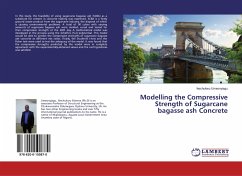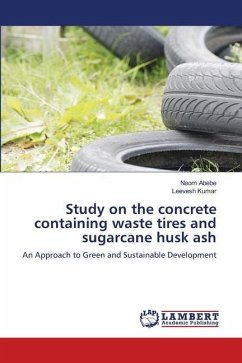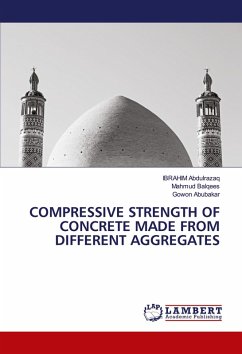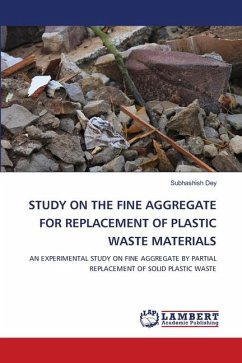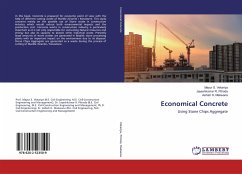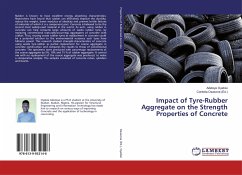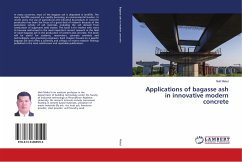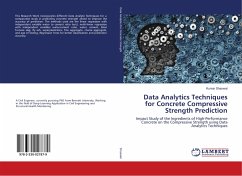In this study, the feasibility of using sugarcane bagasse ash (SCBA) as a substitute for cement in concrete making was examined. SCBA is a finely ground waste product from the sugarcane industry, the disposal of which is causing environmental problems. A total of 90 cubes with varying amounts of sugarcane bagasse ash were molded, cured and tested for their compressive strength at the 28th day. A mathematical model was developed in the process using the Scheffe's (5,2) polynomial. This model would be able to predict the compressive strengths of sugarcane bagasse ash concrete at different mix ratios. Finally, the Student's t-test and the Fisher test were used to test the adequacy of the model. It was found that the compressive strengths predicted by the model were in complete agreement with the experimentally-obtained values and the null hypothesis was satisfied.
Bitte wählen Sie Ihr Anliegen aus.
Rechnungen
Retourenschein anfordern
Bestellstatus
Storno

